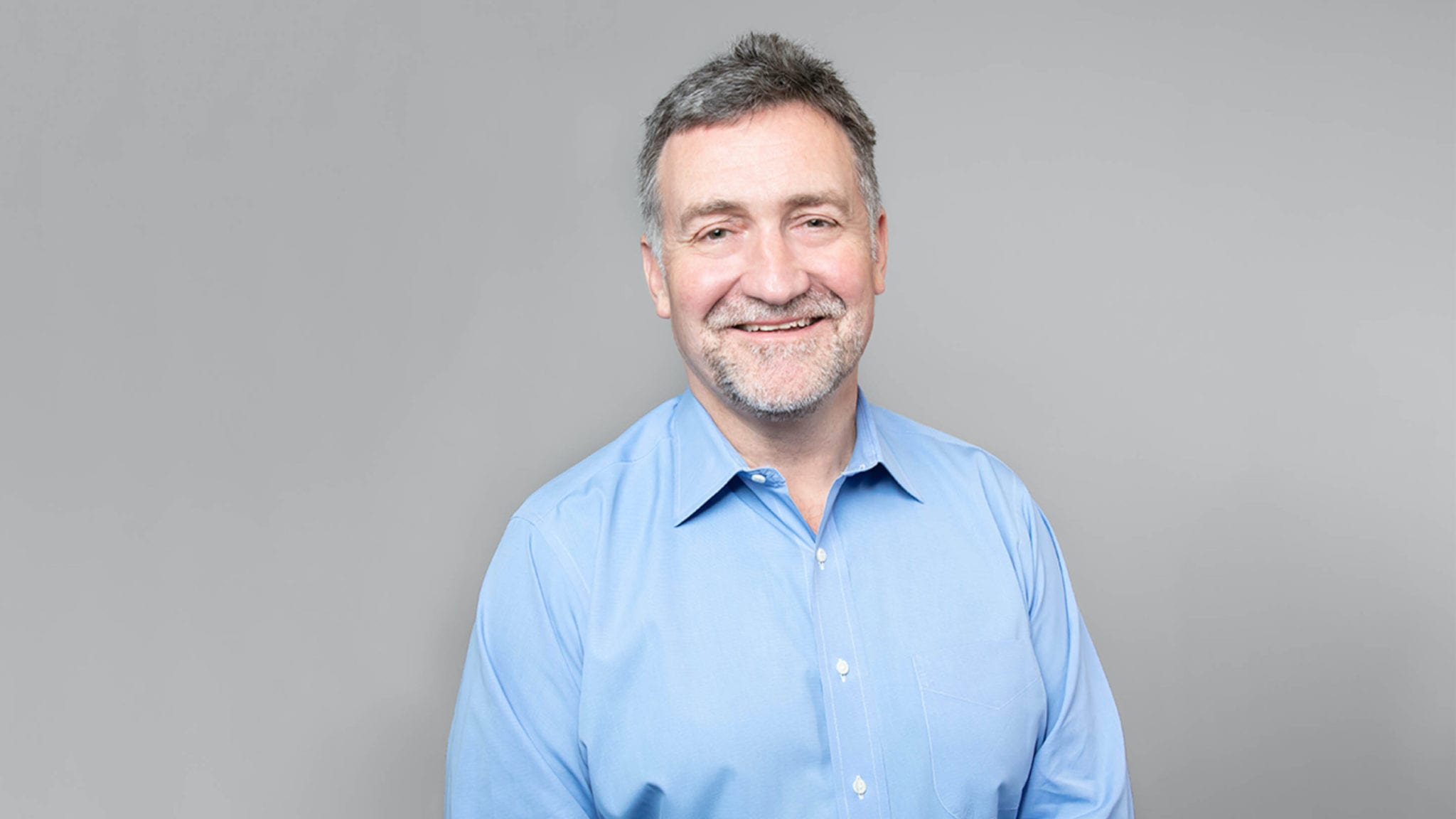
Decibel Therapeutics raises $82M as Laurence Reid looks to steer gene therapy pivot
Laurence Reid could have picked a better time to take his latest CEO job.
It was January 29 when Decibel Therapeutics announced they were bringing in the former Alnylam and Millennium exec, and the coronavirus was still a distant threat, not even yet named. The job would have been tall enough without a pandemic; after five years and $100 million, Decibel was preparing to pivot its platform in a new direction, working to expand on gene therapy and regeneration. Reid would need to raise the cash to do so.
Unlock this article instantly by becoming a free subscriber.
You’ll get access to free articles each month, plus you can customize what newsletters get delivered to your inbox each week, including breaking news.